Carrier oils are an essential part of skincare formulating, aromatherapy, infusing and herbalism, DIY skincare, and even food and health!
The term ‘carrier oil’ is generally used to describe true oils used in aromatherapy to dilute essential oils.
But the term is used broadly to describe a much larger group of oils called lipid oils.
Lipid oils, including carrier oils, are fatty acid-rich oils pressed from seeds, nuts, kernels, and even the fatty fruit around some seeds.
Carrier oils are used to carry other ingredients in a formula or blend. When working with essential oils and aromatherapy blends, a carrier oil base is essential to dilute the essential oils before they are safe to use on the skin.
So, in essence, carrier oils are used to ‘carry’ other plant compounds and ingredients into the skin.
A good carrier oil is a lipid oil that is unscented or mildly scented, has a light skin feel, long shelf life, and neutral color.
In this post, we will be looking at carrier oils, what they are, how to use them, and different disciplines where carrier oils are important such as skincare formulating, aromatherapy and essential oil work, herbalism, and infusing, and DIY skincare.
Table of Contents
What does the term 'carrier oil' mean?
The term carrier oil is used loosely for all the lipid oils. Some other terms you might have come across include:
More specifically, carrier oil is used for plant oils used to dilute essential oils in an aromatherapy blend.
Many blog posts and online literature frequently have lists of ‘oils’ where carrier oils and essential oils are all mixed together which implies that the two are similar.
But, carrier oils and essential oils are very different chemical compounds and it is crucial to know the difference.
Essential Oils
Essential oils are volatile plant compounds distilled from leaves, roots, petals, and occasionally aromatic seeds. They evaporate.
They are not true oils, but rather are highly concentrated volatile plant compounds.
With a few exceptions (arguably) all essential oils must be diluted in a carrier oil before they are safe for use directly on the skin. Using essential oils ‘neat’ can result in skin burns, phytotoxicity, and skin damage..
Essential Oil Safety
Avoid using essential oils neat on the skin as it can lead to skin sensitivity, burning, and photo-toxicity. To use essential oils safely, always dilute in a carrier oil before applying to the skin.
Carrier Oils
Carrier oils are fatty-acid-rich oils, these include all the food oils like olive oil, grapeseed oil, avocado oil, coconut oil, sesame oil, and many more.
With a few exceptions, all carrier oils are safe to use at full strength on the skin. The exceptions are neem oil (which is very strong) and a few others.
Carrier Oils & Allergies
When working with carrier oils for yourself or a client, be aware of allergies, specifically with the nut oils. Someone with a peanut allergy will want to stay away from peanut oil to avoid a potential reaction. A few individuals may also be allergic to shea and mango seed oils especially when there is a latex allergy present. Individuals can be sensitive to oils best to do a spot test for sensitive people or children.
Carrier oil chemistry (the short version)
Carrier oils and all lipid oils are made up predominantly of fatty acids. Most oils are 95% or more fatty acids. The other small percentage is the unsaponifiable portion, also called the healing fraction.
Fatty acids
There are three main types of fatty acids, these are:
And within the three types are five common fatty acids that are found in most carrier oils.
But there are many more, hundreds of fatty acids each with unique properties and skin benefits. Differences include carbon chain length, degree of unsaturation, and structure of the carbon chain.
Unsaponifiables
The unsaponifiable, or healing fraction is made up of naturally occurring plant compounds and are specific to each oil depending on the plant seeds the oil is pressed from.
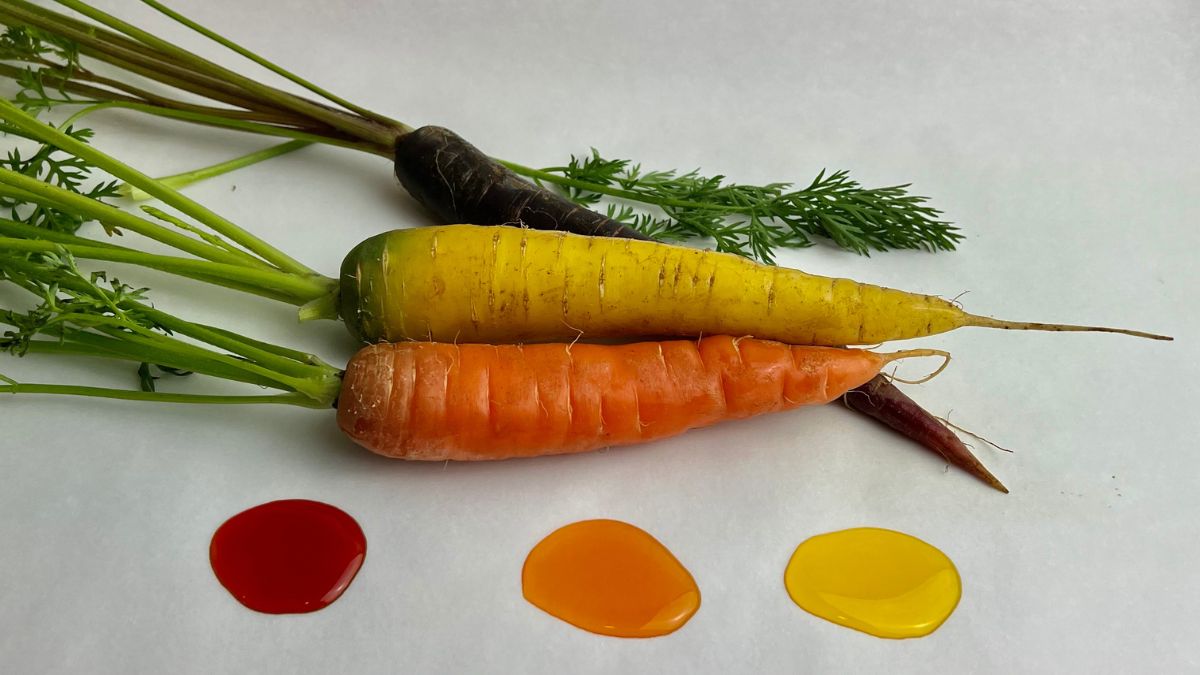
Unsaponifiables include:
Research on the unsaponifiables in carrier oils is ongoing.
How to choose a carrier oils for essential oils
With so many different carrier oils available, choosing the right one can be daunting.
And, depending on the project the carrier oil will change.
But for a basic base carrier oil for an essential oil blend, there are four qualities to look for.
Things to look for in a carrier oil
Scent: Look for a neutral oil with little to no scent. Carrier oils are not aromatic like the essential oils but some have a strong natural scent, usually earthy or fruity depending on the type of oil.
Skin feel: Carrier oils that absorb quickly and feel light on the skin is important.
Shelf life: you want a carrier oil that will have a long shelf life. Shelf life of carrier oils varies anywhere from 6 months to 2 years in a cool dark storage space. Shelf life depends on the fatty acid makeup of the oil so look for oils that have a shelf life of at least a year and are shelf stable. Oils with a short shelf life, rose hip as an example, purchase small amounts and use up quickly.
Color: carrier oils range from completely clear to deep red, green and even purple. For a neutral base choose ones that are clear or pale gold.
Note: When ordering from a new supplier, order a small amount to start with. Carrier oils vary widely depending on the type, processing method, and storage, and can even vary from season to season.
Examples of carrier oils for essential oils
Here are examples of carrier oils that fulfill the criteria above, neutral to no scent, minimal to no pigment, long shelf life, and absorbent on the skin.
How to dilute essential oils in carrier oils
When working with essential oils it is important to dilute them into a carrier oil before applying to the skin.
Essential oils used ‘neat’ or full strength can damage the skin and cause sensitization.
Essential oil dilution chart in drops:
ML | 1% | 2% | 3% | 5% |
|---|---|---|---|---|
5 ml | 1 | 2 | 3 | 5 |
10 ml | 2 | 4 | 6 | 10 |
15 ml | 3 | 6 | 9 | 15 |
30 ml | 6 | 12 | 15 | 24 |
Carrier oils for skincare
Carrier oils are an important part of formulating skincare such as creams, body lotions, face and body oils, cream cleansers, and more.
But you don't have to be a formulator to include carrier oils in your skincare routine.
As a facial oil, try individual oils until you find one that works well for your skin.
Here are a few ideas for carrier oils to use for skincare:
And there are many many more!
High value carrier oils for skincare
Carrier oils that are very high in pigments and plant compounds fall into the category of high value oils. These are carrier oils and lipid plant oils that are either too pigmented, goopy and thick, or simply too expensive to use as a base oil. Instead these oils are best added in smaller percentages to formulations to add value to the blend.
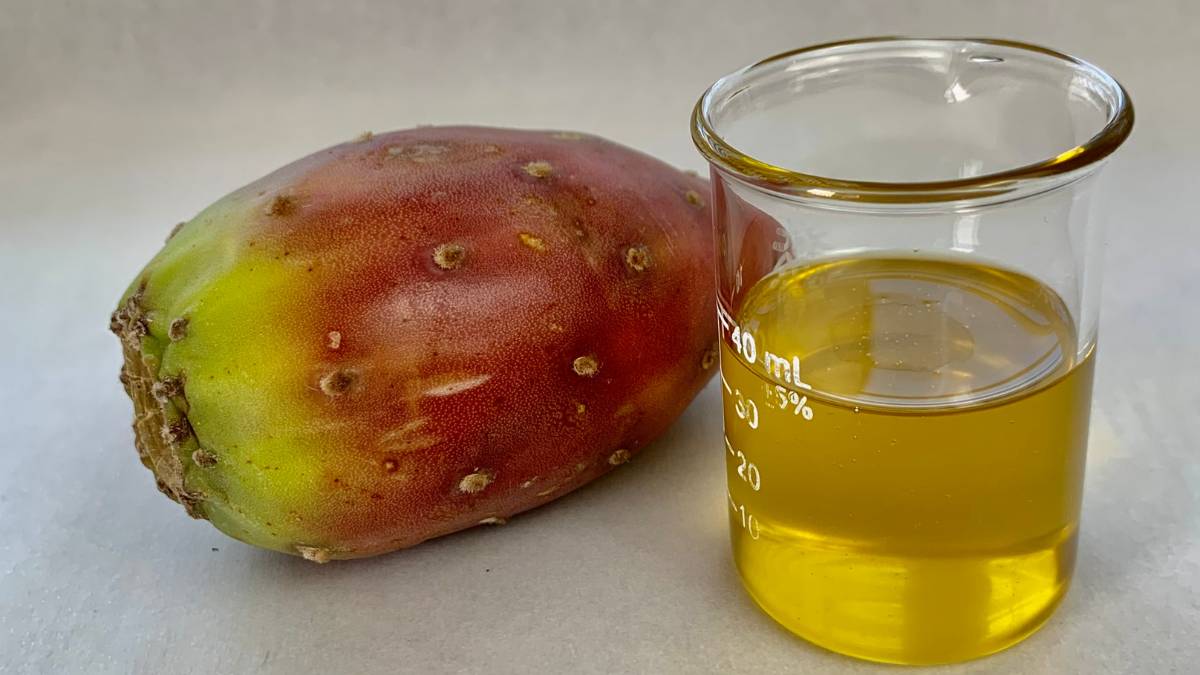
Here are a few examples of high value oils:
Carrier oils for hair
For haircare, you want oils that will moisture without weighing down the hair.
Here are a few carrier oils that work well for haircare:
Carrier oils for specific skin conditions
The right carrier oils brings specific healing compounds to a skincare formula, healing salve or essential oil blend. Many carrier oils have anti-inflammatory properties. Carrier oils like black seed oil, hemp seed oil and andiroba oil can be added to formulas and skincare recipes to help sooth and repair irritated skin.
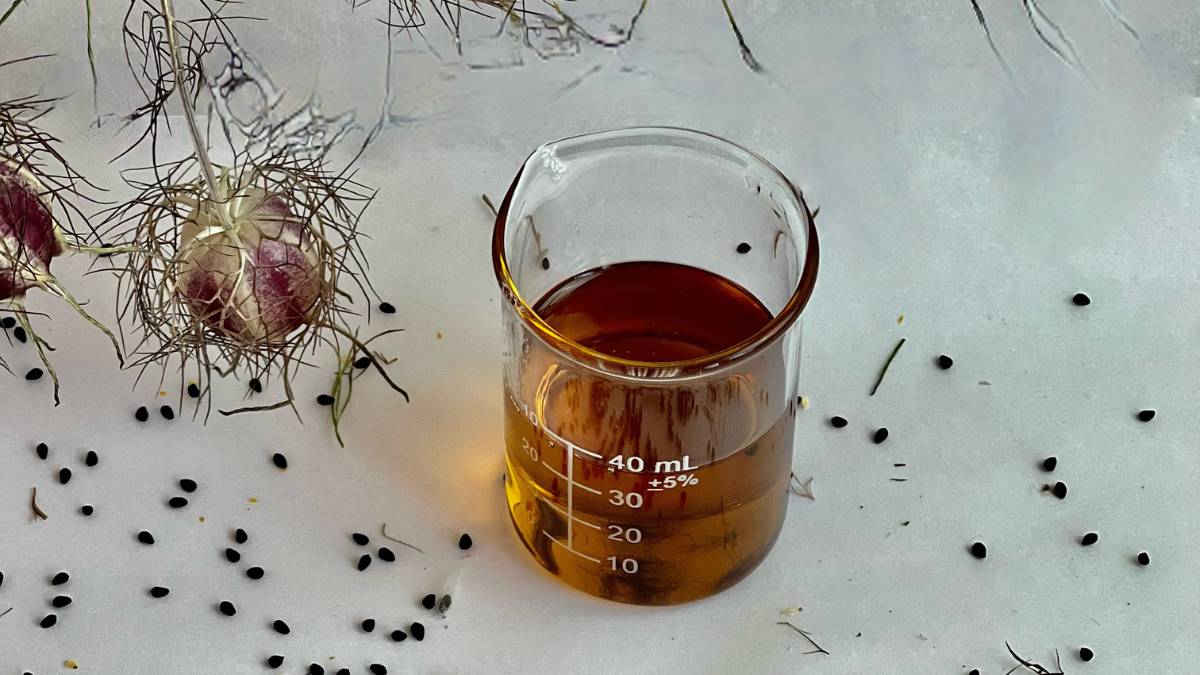
Carrier oils for herbalism and infusing
Infusing herbs and other botanicals is an ancient practice used to gently extract plant compounds. Infusions are made by submerging plant materials in either oil, alcohol, glycerin, or vinegar.
Olive oil is a carrier oil that herbalists have been using to infuse for centuries, but it is not the only option.
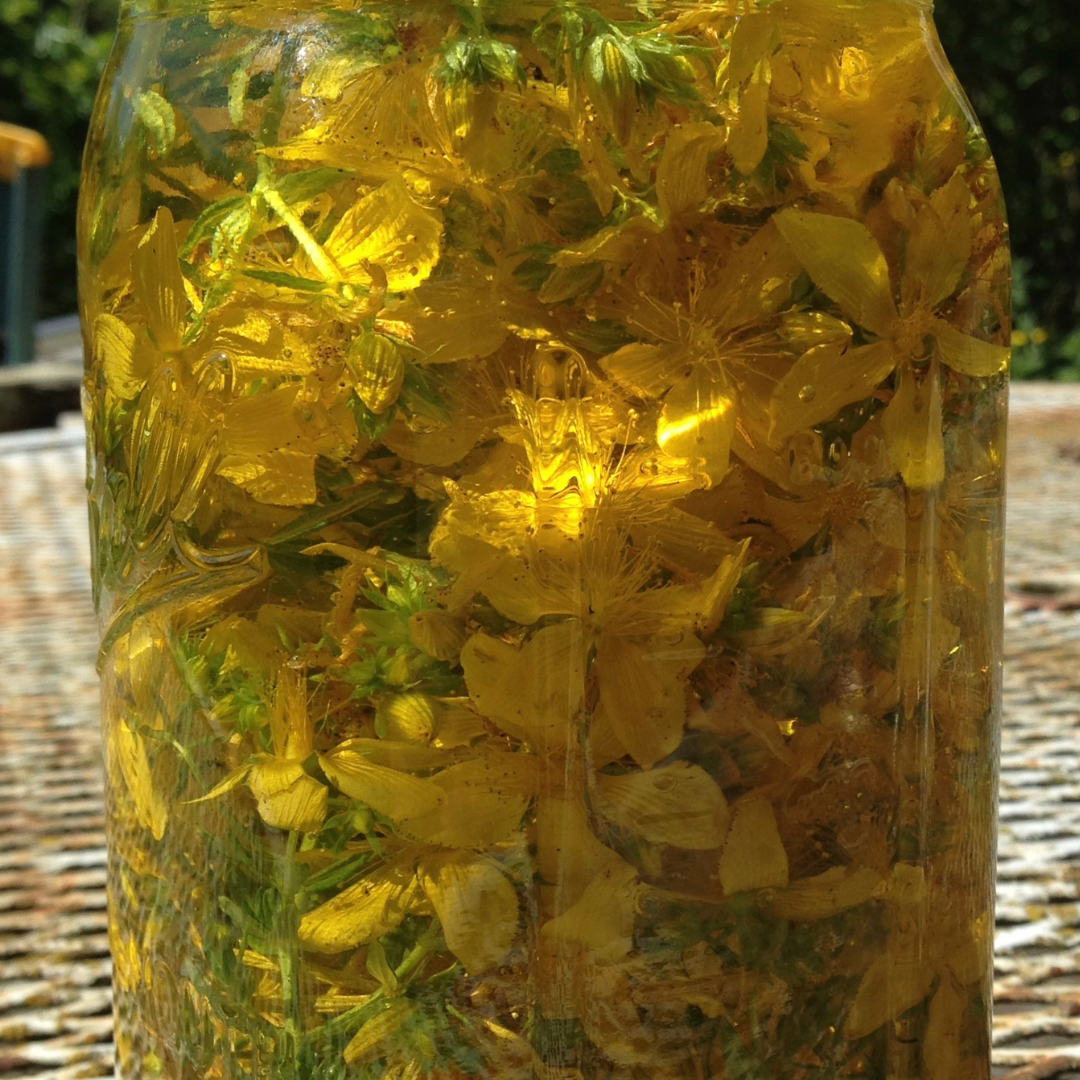
Is coconut oil a carrier oil?
Coconut oil is considered a carrier oil along with other plant butters. Plant butters are simply lipid oils that are high in saturated fatty acids. This causes the oil to be solid at room temperature giving them a lovely buttery texture.
The degree of solidity varies depending on the percentage of saturated fatty acids.
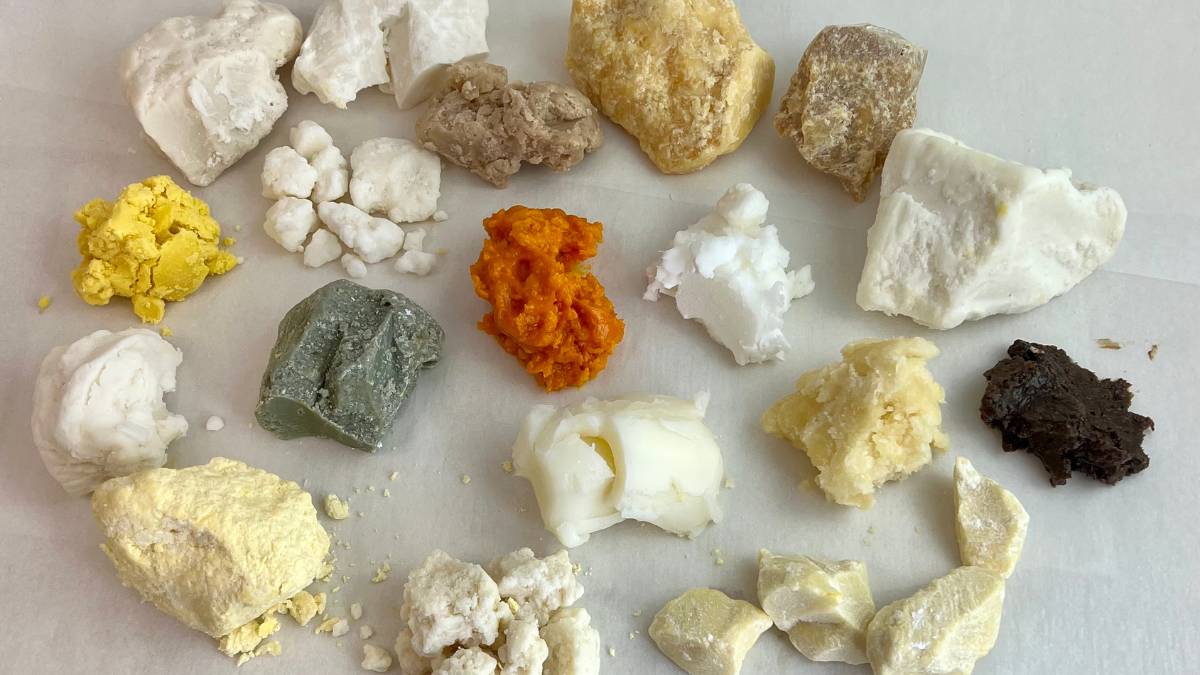
Lipid plant butters
These are just a few examples of plant butters but there are many more and new ones becoming available frequently.
Fragrant waxes
Neither carrier oil nor essential oil, fragrant waxes are somewhere in the middle. Fragrant waxes are aromatic like essential oils but have the fatty 'fixed' consistency of carrier oils. They are used to scent salves, balms and other oil based formulations.
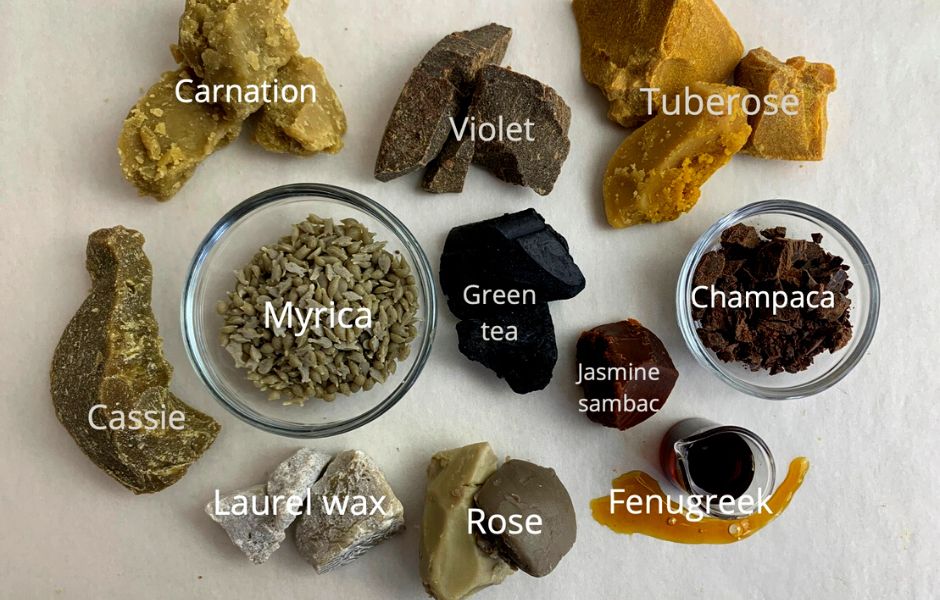
Here are a few examples of fragrant waxes:
Refined vs unrefined carrier oils
The refining process of carrier oils impacts the final result. Carrier oils can vary from batch to batch as well depending on how refined the oil is and even the season and other environmental factors during the growing season.
Avocado oil for example can be very dark green to pale light green or almost clear. Other oils that often vary quite a bit include strawberry seed oil, buleberry seed oil, sea buckthorn oils, meadowfoam seed oil.
Unrefined and lightly refined carrier oils still possess much of the plant compounds which often means higher pigmented oils with more scent.
For some skin applications, this might not be what you are looking for and so a more refined oil will be a better fit.
But not all clear unscented oils are necessarily heavily refined as some oils naturally lack pigments.
When placing a large volume order it is a good idea to order a small sample first to make sure it is what you want.
When to use refined vs unrefined oils
Lightly refined and unrefined carrier oils will have more plant compounds and antioxidants than refined oils. So for a concentrated facial oil unrefined oils will add more active compounds. But if you want a neutral base for an essential oil blend a refined oil will often be a better option.
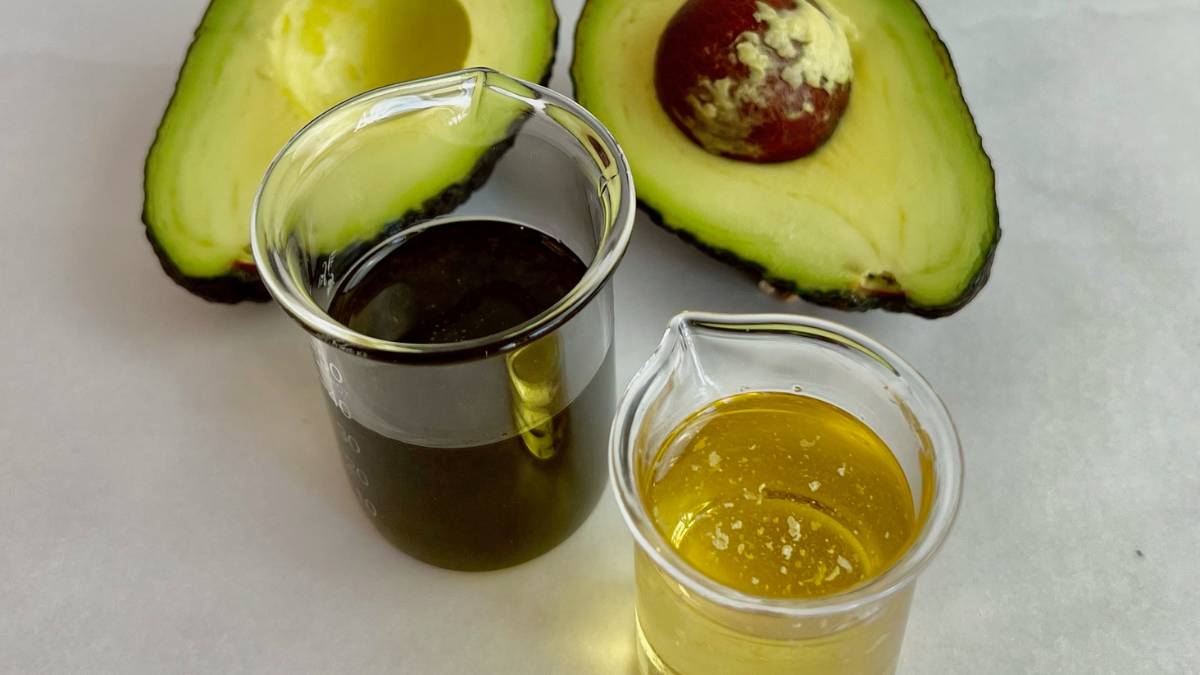
The refining process can also remove scent and odor from the oils.
Carrier oils are not aromatic the way essential oils are but rather are usually odorless or have a fruity or early smell. Argan oil is almost always deodorized for the market as unrefined argan oil smells quite terrible.
In general, lightly refined and unrefined carrier oils will have more plant compounds and antioxidants than refined oils. So for a concentrated facial oil unrefined oils will add more active compounds. But if you want a neutral base for an essential oil blend a refined oil will often be a better option.
Storing carrier oils and shelf life
4 elements that impact shelf life
Oxygen - keep carrier oils in tightly closed containers
Light - brown bottles and dark storage is essential
Heat - keep carrier oils in a cool space away from heat sources
Time - use them up! carrier oils will last between six months and two years
Store carrier oils in a cool dark place, or if you have access, a refrigerator works well, especially in hot climates.
Keep lids tightly sealed and aim to use up your oils in six to 18 months. Carrier oils will go rancid over time and while they are not dangerous, the scent will go off and rancid oils are not really what you want on the skin.
The actual shelf life of carrier oils varies depending on the type, specifically on the fatty acid makeup.
Flax seed oil is among the most delicate of the oils with a shelf life of six months in a refrigerator.
Cocoa butter is on the other end and will last for two years or more stored in a cool dark spot.
Purchasing and sourcing carrier oils
Where do you find carrier oils? A good place to start can be your local grocery store. Availability will vary depending on where you are but you can often find good simple carrier oils at a reasonable price.
Here are some we have access to in the US Pacific Northwest:
One thing to note, some culinary oils are toasted for flavor. They are perfectly safe but the toasted odor will be inappropriate for most skin care needs.
There are many importers as well as skincare ingredient suppliers that sell high-quality carrier oils.
While there are many good suppliers who sell on Etsy and Amazon, it is also completely unregulated so unless you have a relationship with the seller and trust them there is no guarantee you are getting what you ordered.
Google oils you are interested in, read reviews, and you can always reach out to the seller to ask about their sourcing practices, get data sheets on the oils and build a relationship there.
Sustainability and upcycled skincare ingredients
The food industry produces a tremendous amount of seeds. Cranberry juice, strawberry jam, canned pumpkin, wine, apple juice, fig jam. Increasing interest in lipid oils has created a growing market for oils sourced and pressed from discarded seeds. Most of the carrier oils and other lipid oils can be grown and sourced sustainably, especially when producers can use what would otherwise be thrown away. Upcycled and zero waste carrier oils include many of the berries like strawberry, cranberry, blackberry, raspberry, apple and pear seed, and many of the stone fruits including peach, plum, cherry, apricot.
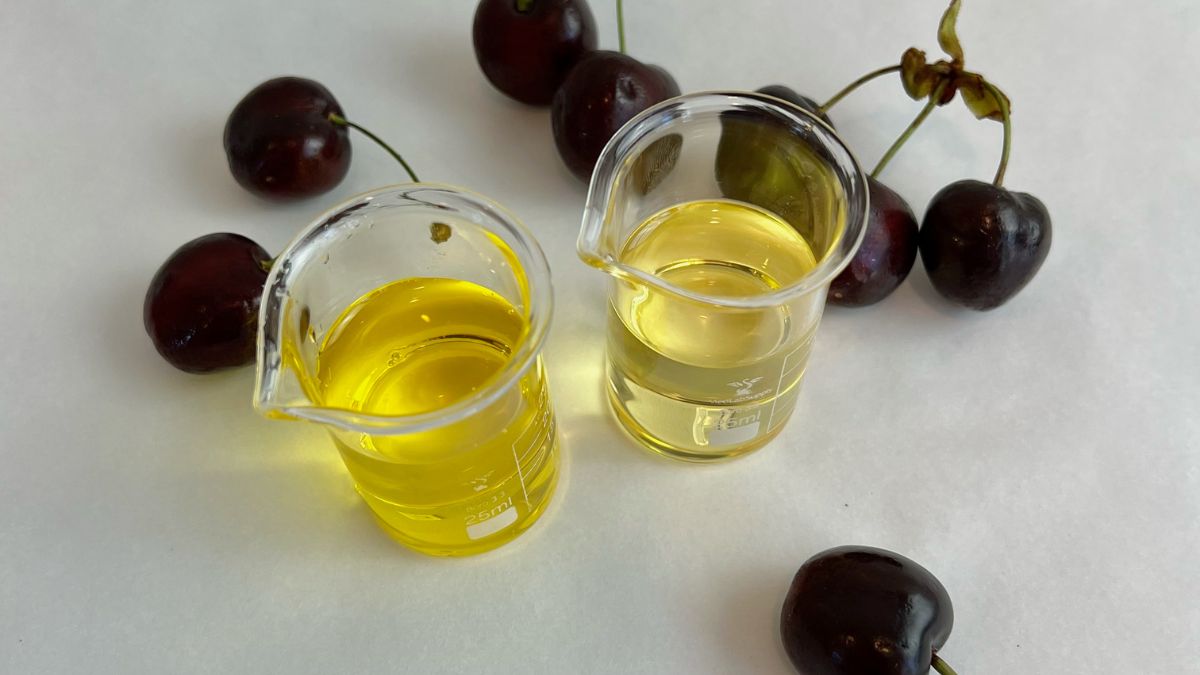
While carrier oils are used to carry other ingredients, they are amazing natural ingredients in their own right. With good carrier oils you don't need to add any other ingredients at all.
With carrier oils and lipid plant oils and butters you can make facial oils and oil serums, body and massage oils, salves and balms, whipped butters.
They are the base for emulsions such as face creams, body creams and cream cleansers.
And, carrier oils create the foundation for essential oil blends, herbal infusions and skincare.
New oils are showing up on the market all the time as producers source new seeds to press for oil.
Kiwi seed, strawberry seed, apple seed, pear seed and chokeberry seed oils are just a few of the new ones we are working with.
What are your favorite carrier oils? leave a comment below.
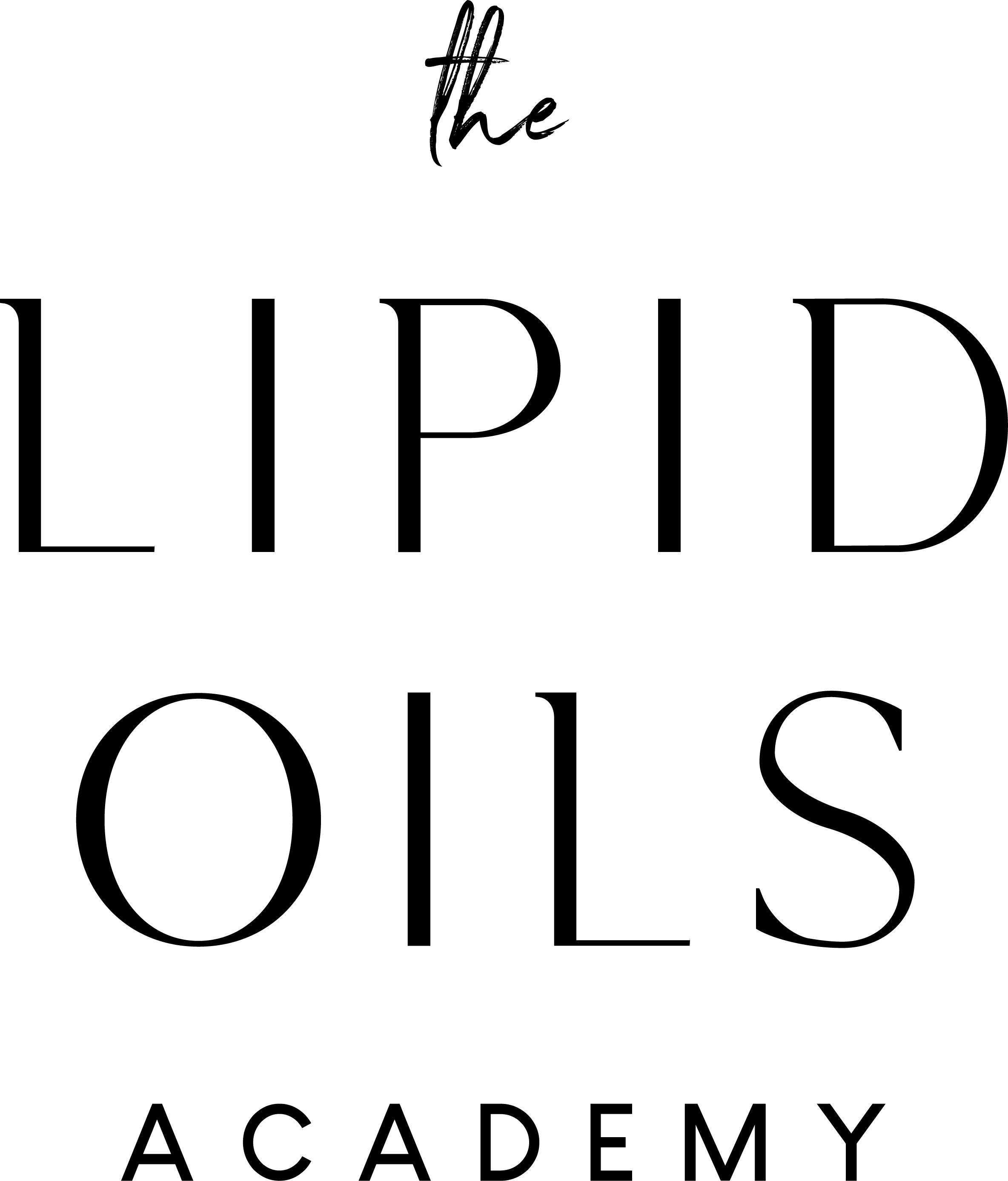
Very informative, thanks!!
Wow, so much information. I am so reading to learn more from you…
The amount of information you offer in your posts is amazing. Thank you for this. I am looking forward to reading more.
This is just wonderful! I appreciate the work and time that went into creating such a comprehensive resource. Thank you, Susan and Olivia.
Thankyou very much.
Helped me under understand more.
Hope you’re both well.
Thank you both for this valuable information. I would appreciate a pdf of it also if please
Hi Anne, I’ll let you know here when I get the PDF set up and ready 🙂
I would love a pdf of this as well Olivia please. thank you
Thank you so much for this valuable information! This is like pure gold, really!
The more I learn about the magic of oils, the more I want to experiment with them!
Wlonderful beneficial knowlede
This is a wonderful resource~thank you for putting this all together!
Thanks for putting this together!
What an amazing resource! Thank you very much for taking the time and effort to create this treasure for us!
If I am infusing rose petals, what carrier oil would you recommend? I want to make a rose healing salve with the oil. Could I mix oils (like olive and apricot oil?) or is it better to stick to one oil for infusioning?
Great resource!
This is awesome! Is there a way to get it in PDF form so I can print it?
Hi Stacy, I’ll put together a PDF and let you know when it’s up!